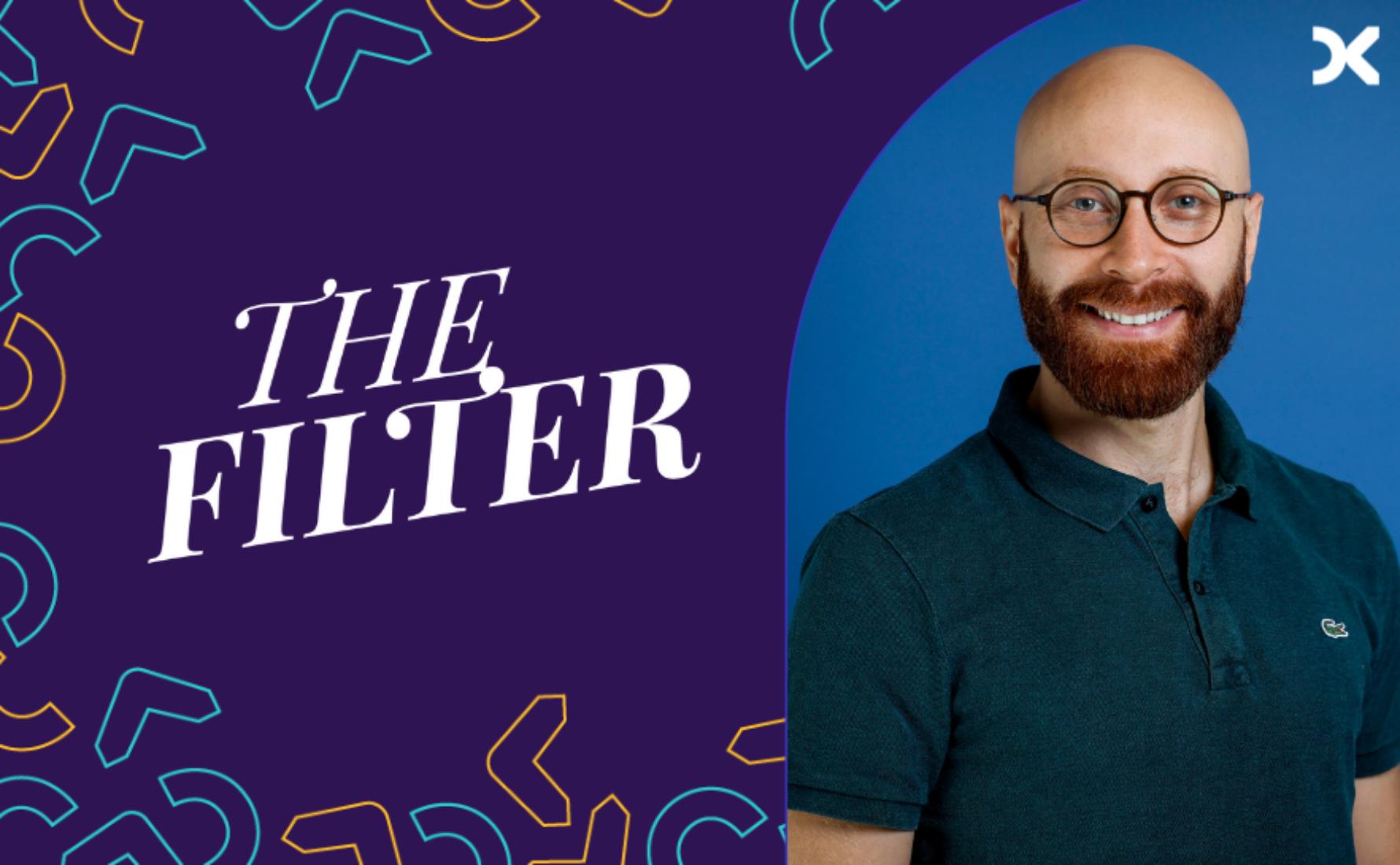Data and AI in the Service of Luxury: Toward a New Era of Excellence

Mehdi Fenjiro is a Senior Manager at Converteo, and has been an expert in the luxury sector within the firm for over six years. After supporting several major players in the industry, he is now the primary contact for LVMH Group on a broad range of data and digital matters.
Key Takeaways
- Data and AI technology enhances the customer experience in the luxury sector.
- These innovations enable luxury houses to anticipate trends and create personalized experiences.
- They play a crucial role in strengthening brand reputation, particularly regarding social and environmental responsibility.
Luxury has always been synonymous with exclusivity, unmatched craftsmanship, and a promise of excellence. To maintain this image and continue providing a top-tier experience, luxury must adapt and evolve, particularly with the help of technology. Today, data and artificial intelligence (AI) are at the heart of this transformation, playing a crucial role in addressing the sector’s two major challenges: enhancing the customer experience and strengthening brand image.
Enriching the Customer Experience with Data and AI
Bringing the Future to the Present
Prediction is one of the most captivating virtues of data and AI. By analyzing and cross-referencing vast volumes of diverse data, these technologies enable luxury brands to anticipate and stay ahead by detecting trends early or forecasting consumer desires.
By analyzing large amounts of online discussions using social listening tools, luxury brands can now answer questions such as, “Which items are generating buzz after a specific fashion show?” or “Who are the emerging influencers who could become the ambassadors of tomorrow?” This helps them make better decisions regarding product development and communication strategies.
Another concrete application is sales forecasting. For example, Louis Vuitton refines its projections with remarkable accuracy by combining structured data (sales volume and history, website behaviors, product characteristics, etc.) and unstructured data (product finishing details, patterns, and ornaments, etc.).
Eliciting Desire and Engagement
Dreams and emotions are central to luxury. In the digital age, the distance between dream and reality has never been shorter. Brands like Balenciaga have demonstrated this with their FW 2021 virtual reality fashion show, attended by 330 guests with Oculus headsets and presented to the public as a video game, or Dior with its Fall 2022 Men’s show in the Chinese metaverse.
Innovation allows brands to enhance product discovery, bringing the online experience closer to the notably exceptional in-store experience. Gone are the days of merely scrolling through a catalog: Farfetch, for example, offers product search “by image” (by uploading a photo taken in the moment or found online); Kering allows interaction with a “virtual personal shopper” through its ChatGPT-based chatbot “/madeline.”
Technological advancements also offer unprecedented try-on experiences. Through their smartphones, consumers can “magically” (via augmented reality) try on Gucci sneakers or virtually apply Dior makeup. This revolution extends beyond online: in-store, the customer experience reaches unprecedented levels of personalization. YSL Beauty offers individualized olfactory diagnostics with AI through “Scent-Sation,” and Cartier invites clients to virtually try on exceptional jewelry using a simple ring fitted with sensors.
Enhancing Brand Aura
The aura of a luxury brand is embodied not only through its exceptional products but also through its unwavering values of excellence and exemplarity. In a world where words are scrutinized, consumers expect brand promises to be backed by tangible evidence.
Defending Reputation with Data
In the face of the ever-present threat of counterfeiting, authenticity has always been the cornerstone on which luxury brands have built their reputation. By initiating the AURA consortium, the LVMH Group has accelerated this effort with blockchain technology, offering customers the ability to authenticate their products and ensure they possess genuine luxury.
Measuring brand perception is also vital for these luxury brands. Through social listening tools, they can quantify and characterize massive volumes of online conversations, which is particularly useful for real-time crisis management. For example, Burberry was able to take swift action in response to the controversy surrounding the destruction of unsold stock, thanks to detailed social media analysis.
Commitment to Sustainability and Social Responsibility
Product traceability meets the growing consumer demands for origin and environmental impact. This is addressed by “Tracr,” a blockchain-based technology developed by De Beers that ensures the traceability of diamonds from extraction to sale, illustrating its commitment to cleaner and more sustainable sourcing of raw materials.
This commitment is also reflected in internal operations management. Concepts such as the Environmental P&L have emerged, like Kering’s, which allows it to quantify the environmental impact of its activities from production to distribution, analyze associated environmental costs, and take measures to reduce this impact.
Finally, it is impossible not to mention the second-hand market, perhaps THE key trend in luxury. With data and AI, evaluating items, detecting counterfeits, and analyzing resale market trends are more precise and rapid. Brands like Chanel, collaborating with resale platforms such as Vestiaire Collective, ensure the authenticity of products re-entering the market and better understand consumer preferences for vintage pieces, thus extending the lifecycle of their creations.
As the luxury world transforms, data and AI emerge as essential partners for brands. By anticipating trends, offering unique experiences, and reinforcing trust and sustainability, they define the next era of excellence in the sector.
To Go Further:
How is the Corporate Social Responsibility (CSR) of the luxury industry perceived by internet users? Discover a study on online conversational trends conducted by Converteo.
The representation of luxury brands is the most discussed CSR commitment among internet users (40%), ahead of responsible production and consumption (37.6%).
Using Synomia by Converteo’s semantic AI, conversations on social media (X / ex-Twitter, Instagram, and LinkedIn) from 25,000 internet users, regarding luxury brands’ CSR commitments, were analyzed from June 2022 to June 2023, providing a unique perspective on consumer perceptions of major industry players.

